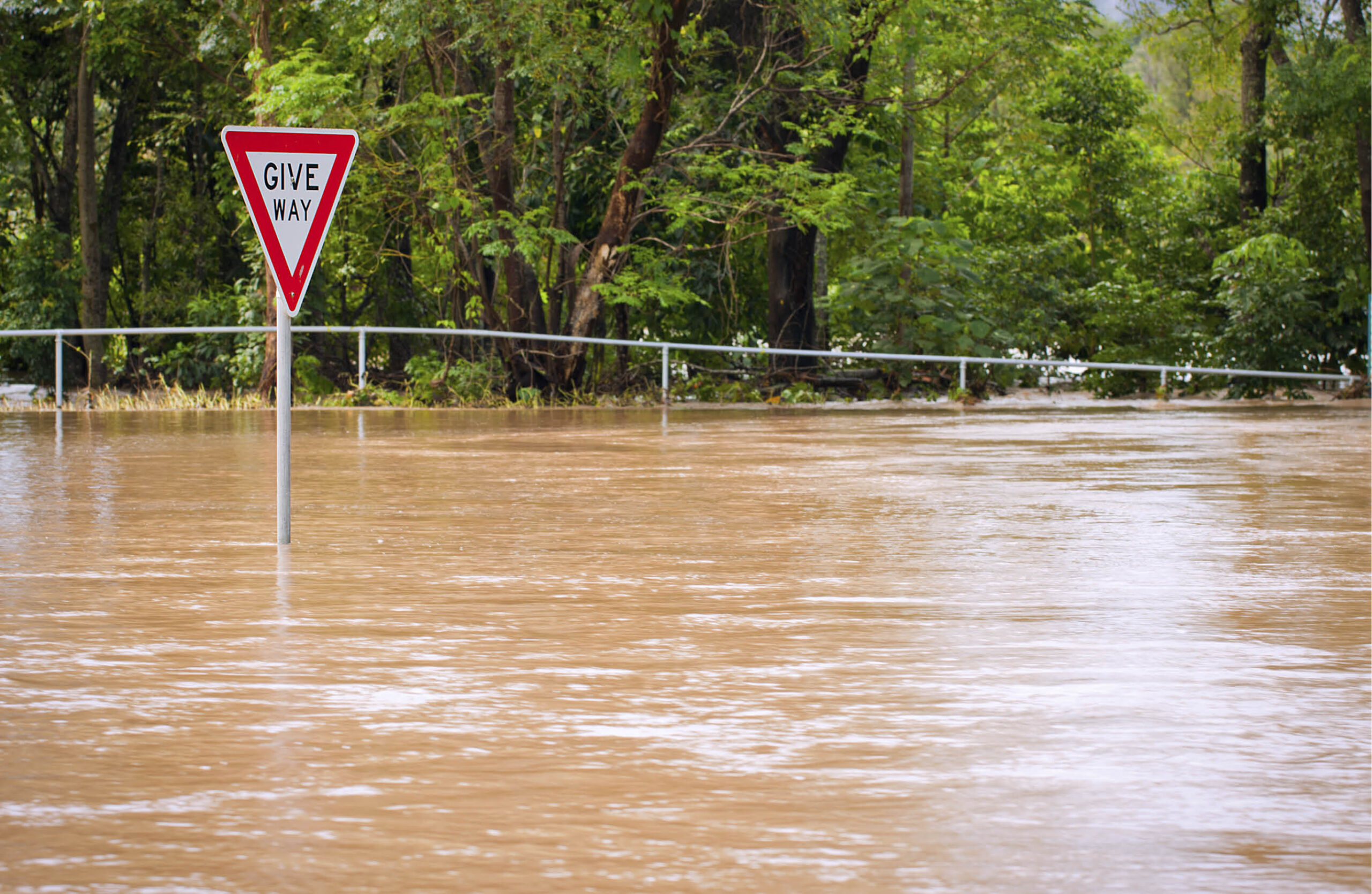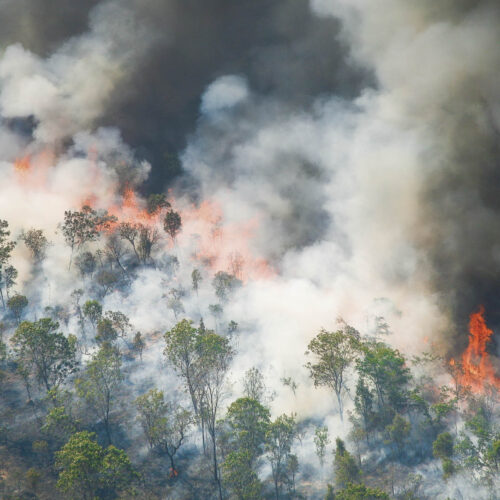UN Calls for New Monitoring Tools to Protect Planetary Health
2024-07-18T14:35:11+10:00
Environmental, technological, and societal changes are disrupting human and planetary health. How can we minimise this disruption? A recent report from the United Nations Environment Programme (UNEP) and the International Science Council (ISC) suggests that better tracking and response to emerging challenges are essential.
The report, Navigating New Horizons – A Global Foresight Report on Planetary Health and Human Wellbeing, highlights eight critical global shifts intensifying the climate crisis. Some of these shifts include degradation of ecosystems, rapid technological advancements, growing inequalities and a global declining trust in institutions. Additionally within each key shift, the report detailed real world signals of change.
Critical Signals of Change:
- Increased Demand for Critical Minerals: The transition to net-zero is expected to quadruple the demand for rare earth elements, minerals, and metals by 2040. This raises concerns about deep-sea and space mining, threatening biodiversity, increasing pollution, and sparking conflicts.
- Permafrost Thawing: As permafrost thaws, ancient pathogens are likely being released. As a result, this leads to major environmental, animal, and human impacts, as seen with an anthrax outbreak in Siberia.
- AI and Digital Transformation: These technologies have environmental impacts, such as increased demand for critical minerals and water resources. The use of AI in military applications and synthetic biology requires careful environmental review.
- Rising Armed Conflict and Violence: These conflicts degrade ecosystems and pollute environments, affecting vulnerable populations.
- Forced Displacement: One in every 69 people is forcibly displaced, double than in the past decade. This is being driven by emerging global conflicts as well as climate change. Additionally, this has significant health and environmental impacts.
- Eco-Anxiety: Climate and eco-anxiety are increasingly affecting children and youth, leading to a global mental health crisis. This widespread anxiety causes isolation, loneliness, and mass disaffection, significantly impacting societal wellbeing and functioning.
In effect, these shifts are causing a polycrisis, where multiple global crises amplify and accelerate each other, impacting human and planetary wellbeing. Peter Gluckman, President of the ISC, emphasised the importance of foresight tool. “Foresight provides a useful set of tools to step outside of short-termism to help identify future opportunities and risks, provided it is done in a truly pluralistic manner.”
Recommendations
The report recommends adopting a new social contract that engages a diverse range of stakeholders. This includes indigenous people and youth, and rethinking measures of progress beyond GDP. It suggests introducing shorter-term targets and indicators for more agile governance, improving monitoring and assessment of interventions, and making data and knowledge more accessible.
Conclusion
In conclusion, foresight can help the world anticipate and prepare for emerging challenges and future disruptions. As UNEP Executive Director Inger Andersen stated, “Now is the time to get ahead of the curve and protect ourselves from emerging challenges.”
You can find the full report here.






